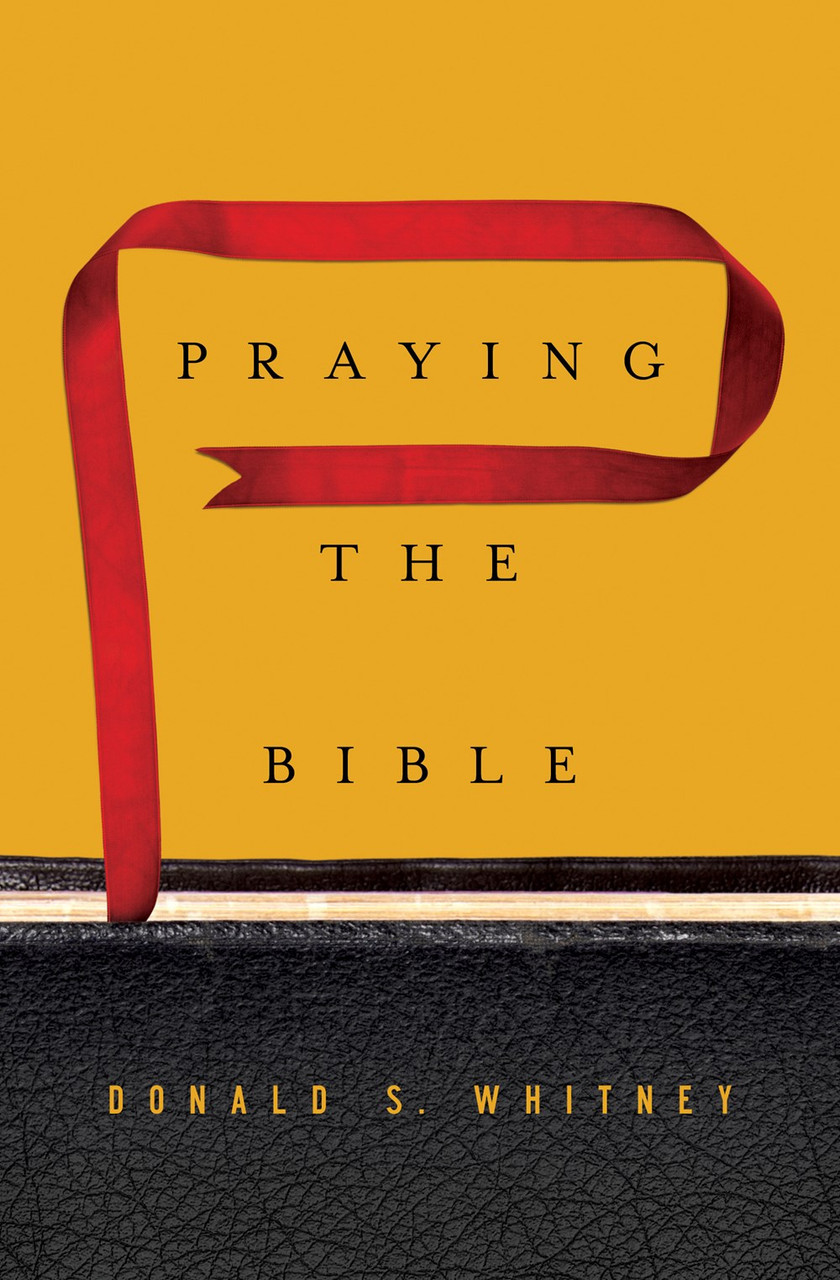
I have a lot of friends who belong to the Church of Jesus Christ, Latter Day Saints (LDS). One I see regularly is the bishop of his ward; he regularly emphasizes, as do my other LDS friends, how we both worship Jesus, how we have a lot in common, and how we’re on the same team.
On the one hand, he has a point: we share traditionally conservative views on sexuality, we think the nuclear family is normative, and we think Sunday worship is vital to human flourishing, among other things. He’s an upstanding citizen, a kind and considerate husband, and a thoughtful father. I like him. From a purely socio-political perspective, if more people were like him, our culture might be less troubled.
On the other hand, he couldn’t be more wrong. There are dozens of significant disagreements between our worldviews.
I want to fairly call balls and strikes. The LDS church gets a lot right, but the most important things it gets wrong. Here are my three go-to questions that get to the heart of our most important differences.
1. Is Jesus a creature?
The LDS church teaches that Jesus is a created being. Analogous to Arius the 4th century heretic who taught that “there was [a time] when the Son was not,” the LDS church teaches that Jesus was the spirit child of Heavenly Father and Heavenly Mother [1], and was the firstborn of many spirit children, of whom he was the mightiest [2].
For the LDS church, all humans have a premortal existence and Heavenly Father brought Jesus into existence in a similar manner to how all humans were created. LDS theologian James Talmage writes, “Human beings generally were similarly existent in spirit state prior to their embodiment in the flesh… There is no impropriety, therefore, in speaking of Jesus Christ as the Elder Brother of the rest of mankind” [3].
This means that LDS people commit idolatry when they worship Jesus, because the version of Jesus they serve is “creature rather than Creator” (Romans 1:25). In their view, Jesus became a god in history; he wasn’t eternally God. They call him God, but he is a demigod. [4] The LDS church’s view of Jesus is far different than what the Bible teaches.
We believe what the Nicene Creed teaches: Jesus is eternally God, begotten, not made, of one substance with the Father; “the same yesterday, today, and forever” (Hebrews 13:8).
2. Is Jesus’ salvation “by grace after all that you can do”?
Ephesians 2:8 says, “By grace you have been saved through faith; this is not your own doing.” 2 Nephi 25:23 says, “It is by grace that we are saved, after all we can do.” Who among us can with a clear conscience say that we have done all that we can do? Salvation is actually impossible under actual LDS doctrine; it requires maximum effort all the time.
In addition to the weight of justification by good works, this doctrine adds the crushing reality of salvation by good effort.
This yields us an altogether different worldview and story, but it is congruent with the larger story that the LDS church teaches. The LDS church teaches that the entirety of our mortal existence, even the creation of the earth, was Heavenly Father giving us the chance to “prove ourselves” to him [5] and, and “if we passed our tests, we would receive the fulness of joy” [6].
The true good news is that Jesus saves sinners; sinners do not save themselves.
3. Was Jesus wrong when he said, “I will build my church and the gates of hell will not prevail against it”?
If you meet with LDS missionaries, the first lesson they’ll tell you is about “the restoration of the gospel.” They’ll tell you about how the true gospel left the earth after the Apostles died until Joseph Smith restored it in the 1800s. [7]
This is quite different from what Jesus said in Matthew 16:18: “I will build my church, and the gates of hell shall not prevail against it.” Did the gates of hell prevail against the church for 1700+ years? Did Jesus fail to deposit the faith into his church? Or did the church fail to deport the true faith into the next generation?
No, the faith was successfully “once for all delivered to the saints” (Jude 3).
Same Words, Different Dictionary
Our LDS friends use a lot of the same vocabulary as evangelicals, like gospel, Jesus, salvation, sin, and heaven, but their understanding of those words and what they mean for us are remarkably different. Our LDS neighbors might be allies to Evangelicals in many respects, but with regard to the good news of Jesus, we are miles apart.
—–
Citations
[1] LDS Church, Gospel Topics Essays, Mother In Heaven
[2] James Talmage, Articles of Faith, Chapter 2
[3] James Talmage, Jesus the Christ, Chapter 2
[4] Gospel Principles, Exaltation
[5] Gospel Principles, Our Heavenly Family
[6] Ibid, (See also D&C 93:30–34)
[7] True To The Faith, Restoration of the Gospel
How does God's Word impact our prayers?

God invites His children to talk with Him, yet our prayers often become repetitive and stale. How do we have a real conversation with God? How do we come to know Him so that we may pray for His will as our own?
In the Bible, God speaks to us as His children and gives us words for prayer—to praise Him, confess our sins, and request His help in our lives.
We’re giving away a free eBook copy of Praying the Bible, where Donald S. Whitney offers practical insight to help Christians talk to God with the words of Scripture.

